Regulation
Kamala Harris Crypto Reset Fails, Town Hall Dubbed As ‘Clown Show’
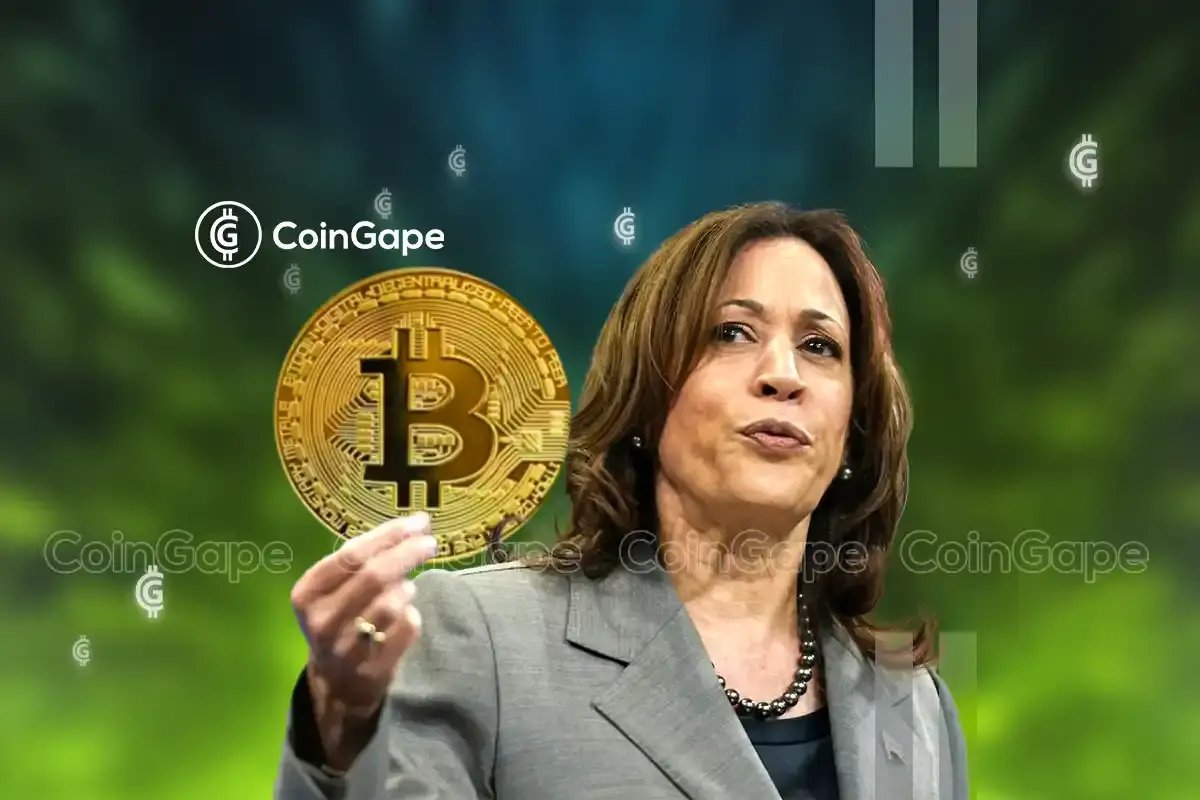
The recent virtual town hall organized by the “Crypto For Harris” campaign aimed at garnering support for Kamala Harris’ potential presidency from the digital asset industry has failed. It left many in the crypto community unimpressed and unconvinced, attracting backlash. Moreover, Gemini co-founder Tyler Winklevoss dubbed the event as “clown show.”
The 90-minute event, featuring several prominent Democratic lawmakers, failed to sway a skeptical audience. Moreover, many branded the effort as a “missed opportunity” for the Vice President to outline her stance on crypto. Whilst, several industry leaders continued supporting former President Donald Trump.
Top-tier Democratic figures, including Senate Majority Leader Chuck Schumer, Senators Debbie Stabenow, Kirsten Gillibrand, and tech billionaire Mark Cuban participated in the event. However, the absence of Kamala Harris herself or any of her campaign staff became a significant sticking point.
Kamala Harris’ Absence In Crypto Town Hall Attracts Backlash
Attendees noticed Harris’ absence, as they were keen to hear her views on crypto. Her role in an administration perceived as hostile to the industry made her perspective particularly anticipated. Critics within the crypto industry voiced their disappointment, noting the lack of clear policy direction from Harris.
Caitlin Long, CEO of Custodia Bank, expressed her frustration. She said, “I was hoping to hear about Harris’s crypto policy and for the Democrats to address how they’re going to fix the issue of crypto firms being de-banked. I’m still waiting to hear.”
The event, which attracted over 1,000 live viewers according to organizers, was met with mixed reactions. While some attendees praised parts of the town hall, calling it a step towards making crypto a bipartisan issue, others were less impressed.
One viewer remarked, “I still don’t know who Kamala Harris is and what she thinks about our industry,” according to a report by FOX Business. This highlights the event’s failure to provide clarity on Harris’s position. In addition, the town hall’s format also drew criticism.
Jake Brukhman, founder and CEO of CoinFund, lamented, “I thought a town hall was for hearing people’s opinion, you know, people in the town. Instead, we got a few lectures of the participants’ views of crypto and where it should go politically.” Furthermore, this sentiment was echoed by others who felt the event lacked genuine engagement with the crypto community.
A particularly sore point for many attendees was the absence of any discussion on the regulatory challenges facing the crypto industry. The spotlight shone on the actions of Securities and Exchange Commission (SEC) Chair Gary Gensler.
The omission of this critical issue, referred to by some as the “elephant in the room,” left many feeling that the event was out of touch with the concerns of the industry. Also, some advisor choices suggest that Kamala Harris will continue crypto crackdown if she enters White House.
Reaction From Other Crypto Leaders
The strongest criticism came from the Winklevoss twins, founders of the Gemini crypto exchange, who have been vocal opponents of the SEC’s regulatory approach. Tyler Winklevoss did not mince words, labeling the event a “clown show” in a post on X.
Meanwhile Cameron Winklevoss criticized the pre-recorded video messages from lawmakers, suggesting they made the event feel less genuine. The twins have declared their support for GOP nominee Donald Trump and disapprove of Kamala Harris.
Earlier, Donald Trump gained massive support after he promised a lighter regulatory touch and the removal of Gary Gensler. Whilst, Former Messari CEO Ryan Selkis also took to social media to express his disappointment. He labeled the event as “pathetic” and criticized the lack of substantive discussion.
Despite the criticisms, some positive moments were noted. Chuck Schumer’s remarks were well-received, particularly his commitment to pushing for sensible crypto legislation. Schumer emphasized the need for balance, stating:
“We cannot afford to continue to sit on the sidelines because then we risk crypto going overseas to the lowest common denominator countries where there will be no regulation at all.”
His comments were seen as a hopeful sign for those advocating for a more measured approach to crypto regulation. However, the overall takeaway from the Kamala Harris “crypto reset” event was one of skepticism.
Austin Campbell, founder of Zero Knowledge, summed up: “The key will be Harris has to articulate her position and actions she will take on this issue. If we can’t get a clear statement, the null hypothesis is more SEC disasters and [Operation Chokepoint] 2.0, sadly.”
Disclaimer: The presented content may include the personal opinion of the author and is subject to market condition. Do your market research before investing in cryptocurrencies. The author or the publication does not hold any responsibility for your personal financial loss.
Regulation
Kraken Obtains Restricted Dealer Registration in Canada

Cryptocurrency exchange Kraken has obtained a Restricted Dealer registration in Canada. The registration comes after completing a pre-registration undertaking (PRU) process with Canadian authorities.
The exchange has also announced the appointment of Cynthia Del Pozo as its new General Manager for North America. Del Pozo will oversee Kraken’s growth initiatives in Canada.
Kraken Completes PRU Process In Canada
Kraken’s Restricted Dealer registration marks the completion of a thorough pre-registration undertaking (PRU) process with Canadian regulators. The registration places Kraken under the supervision of the Ontario Securities Commission (OSC). This oversight ensures users have access to secure crypto products within a properly regulated local ecosystem.
According to the Canadian Securities Administrators (CSA), the Restricted Dealer registration is one of eight firm registration types in Canada. This particular classification is used for firms that “do not quite fit under any other category.” It also comes with specific requirements and conditions set by securities regulators.
Kraken’s regulatory achievement comes during a period of change in the Canadian crypto sector. Just months earlier, competitor Gemini exchange announced its departure from the Canadian exchange market by the end of 2024. This was a move that surprised many and raised questions about cryptocurrency regulation clarity in the country.
Kraken Introduces New Canadian GM
Del Pozo has joined Kraken to lead its Canadian operations as the new General Manager for North America. She has nearly 15 years of experience in corporate development, operations, and fintech consulting. Del Pozo will help to guide Kraken’s expansion across Canada during this important phase of crypto’s development in the region.
“Canada is at a turning point for crypto adoption, with a growing number of investors and institutions recognizing digital assets as a vital part of the financial future. I’m thrilled to join Kraken’s mission at this critical moment, and to lead our expansion efforts, ensuring we continue to serve our clients long-term with innovative and compliant products,” said Del Pozo.
In her role, Del Pozo will focus on strengthening Kraken’s regulatory relationships and also scaling the company’s presence throughout North America.
Del Pozo also commented on the registration achievement: “This Restricted Dealer registration is testament to the high bar Kraken has always set for consumer protection, client service, and robust security. We’re excited to continue expanding our world-class investment platform and to deliver innovative products that provide real-world utility to Canadians.”
The Exchange’s Continued Growth In Canada
Over the past two years, the cryptocurrency exchange has shown steady expansion in Canada while working through the PRU process with regulators. During this period, the exchange has doubled its team size and monthly active users.
According to the official blog post figures, the firm now has more than $2 billion CAD in total client assets under custody. Kraken has also increased support for some of the most popular cryptocurrencies. It provides several CAD spot trading pairs that enable Canadians to trade crypto without paying expensive foreign exchange fees.
According to Innovative Research Group’s 2024 Investor Survey, 30% of Canadian investors currently own or have owned cryptocurrencies. Likewise, a KPMG Canada survey discovered that 30% of Canadian institutional investors now have exposure to cryptocurrencies, which means widespread adoption across investor types.
Disclaimer: The presented content may include the personal opinion of the author and is subject to market condition. Do your market research before investing in cryptocurrencies. The author or the publication does not hold any responsibility for your personal financial loss.
Regulation
USDC Issuer Circle Set To File IPO In April, Here’s All

USDC issuer Circle is reportedly set to file its initial public offering (IPO) in April as part of the firm’s plans to finally go public. The stablecoin issuer is allegedly already working with top financial institutions to achieve this move.
Circle To File IPO In Late April
According to a Fortune report, Circle is looking to file its IPO in late April, although the listing period remains uncertain. The report noted that when a company files to go public, its shares usually begin trading four weeks later, indicating that the listing could occur in May. However, there is also a scenario where the IPO process could drag on for months.
The stablecoin issuer is reportedly working with investment banks JPMorgan Chase and Citi to achieve its long-anticipated IPO. The firm had previously tried to go public in 2021 under a SPAC arrangement with a shell company.
The US SEC failed to sign off on this arrangement back then, and the company eventually scrapped these IPO plans by the end of 2022 when the crypto exchange FTX collapsed and the broader crypto market experienced a downturn.
Revelation about Circle’s IPO plans comes just days after the stablecoin issuer partnered with NYSE’s parent company to explore USDC’s use in traditional finance (TradFi). Meanwhile, the USDC stablecoin recently launched in Japan following approval from the country’s regulator. Notably, USDC is the first and only global dollar stablecoin approved under Japan’s stablecoin framework.
An Easier Path Now For The Stablecoin Issuer
Circle will likely face less resistance for its IPO plans under the current SEC administration. Under acting Chair Mark Uyeda, the Commission has shown its willingness to work hand in hand with crypto firms, which was missing under Gary Gensler’s administration.
US SEC Chair nominee Paul Atkins has also shown his willingness to change the approach that Gensler’s administration adopted towards crypto firms. During his nomination hearing, the SEC Chair nominee promised to prioritize providing regulatory clarity for the industry.
Circle’s IPO listing would be the biggest since the top crypto exchange Coinbase went public in 2021. Interestingly, Coinbase owns an equity stake in the crypto firm.
The firm’s USDC is currently the second-largest stablecoin by market cap, only behind Tether’s USDT. The stablecoin industry is heating up as more financial institutions look to develop their own stablecoin.
Donald Trump’s World Liberty Financial recently revealed plans to launch its USD1 stablecoin, while asset manager Fidelity is also considering doing so.
Disclaimer: The presented content may include the personal opinion of the author and is subject to market condition. Do your market research before investing in cryptocurrencies. The author or the publication does not hold any responsibility for your personal financial loss.
Regulation
Japan Set To Classify Cryptocurrencies As Financial Products, Here’s All

Cryptocurrency investors in Japan are bracing for impact following a plan to reclassify digital assets as financial products. While the plan has elicited excitement from cryptocurrency enthusiasts in the Far East, the ambitious plan will have to scale several legislative hurdles.
Japan Targets Reclassification Of Cryptocurrencies As Financial Products
According to a report by Nikkei, Japan’s Financial Services Agency (FSA) is inching toward classifying cryptocurrencies as financial products. Per the report, the FSA intends to achieve the reclassification via an amendment to the Financial Instruments and Exchange Act.
Currently, digital assets in Japan are considered crypto assets conferred with property rights and seen as payment means. Under the FSA’s plans, cryptocurrencies in Japan will be treated as financial products in the same manner as traditional financial products.
The FSA says it will adopt a slow and steady approach toward the reclassification, carrying out “a private expert study group” to test the waters. If everything goes according to plan, the FSA will submit the amended bill to Parliament in early 2026.
The classification of cryptocurrencies as financial products will have far-reaching consequences for the local ecosystem. Experts say treating cryptocurrencies as financial products will bring Japan closer to a crypto ETF launch amid a changing regulatory landscape.
Furthermore, the move may lower current cryptocurrency taxation for local investors since existing capital market rules will apply to the asset class.
A Fresh Bill For Crypto Insider Trading Is Underway
Apart from the reclassification, the FSA disclosed plans for new legislation against insider trading. The move flows treating cryptocurrencies as financial products and will strengthen existing investor protection rules.
“It is a direction to establish a new insider trading regulation that prohibits trading based on unpublished internal information,” said the FSA. “We will develop laws to prevent unfair transactions.”
However, Japan’s cryptocurrency scene is heating up to a boil, driven by local and international players. Last week, stablecoin issuer Circle secured approval from the FSA for USDC with top exchanges set to list the stablecoin.
Japan’s Metaplanet has tapped Eric Trump to join its Strategic Board of Advisors as it continues to load up Bitcoin.
Disclaimer: The presented content may include the personal opinion of the author and is subject to market condition. Do your market research before investing in cryptocurrencies. The author or the publication does not hold any responsibility for your personal financial loss.
-
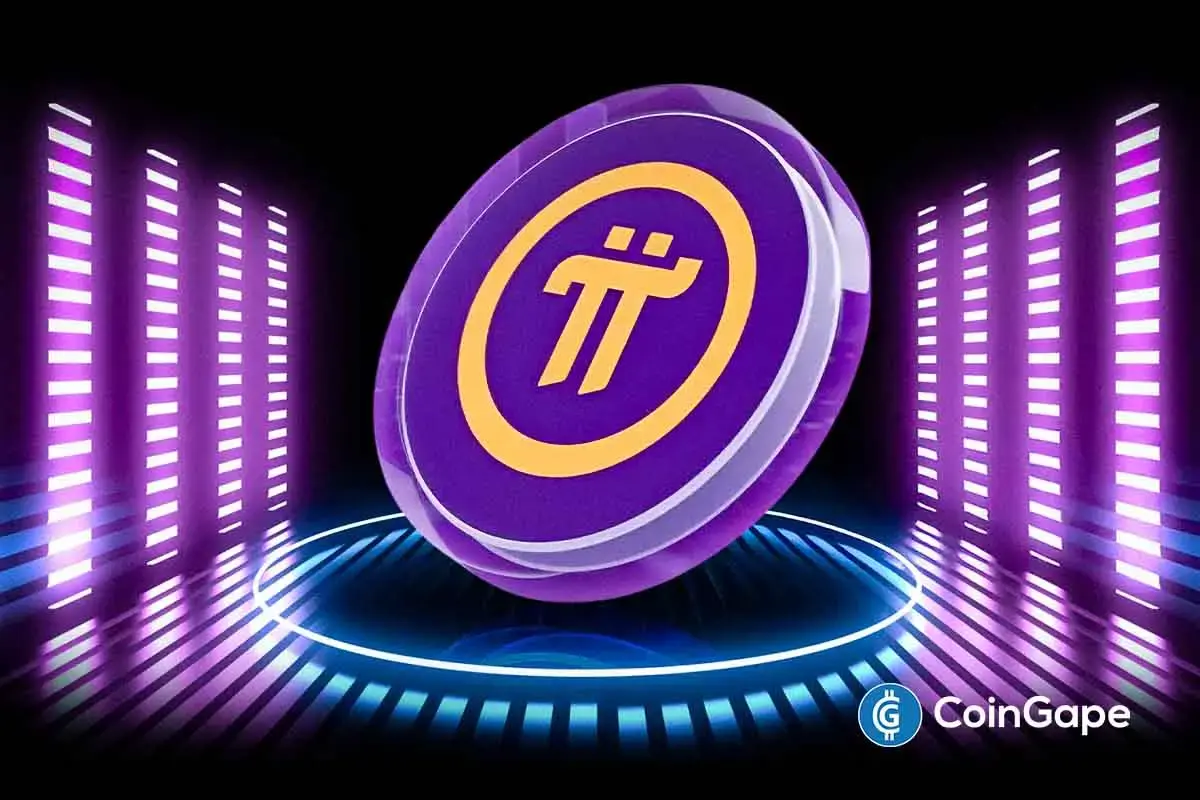
 Altcoin24 hours ago
Altcoin24 hours agoPi Network Faces Community Backlash, Is Pi Coin Price Heading to Zero?
-

 Regulation16 hours ago
Regulation16 hours agoKraken Obtains Restricted Dealer Registration in Canada
-

 Market24 hours ago
Market24 hours agoXRP Recovery Stalls—Are Bears Still In Control?
-

 Market23 hours ago
Market23 hours agoVanEck Sets Stage for BNB ETF with Official Trust Filing
-

 Market22 hours ago
Market22 hours agoBNB Price Faces More Downside—Can Bulls Step In?
-

 Bitcoin24 hours ago
Bitcoin24 hours agoInstitutional Risk Aversion Drives $218 Million Bitcoin ETF Outflows
-

 Bitcoin22 hours ago
Bitcoin22 hours agoTokenized Gold Market Cap Tops $1.2 Billion as Gold Prices Surge
-

 Bitcoin18 hours ago
Bitcoin18 hours agoLummis Confirms Treasury Probes Direct Buys




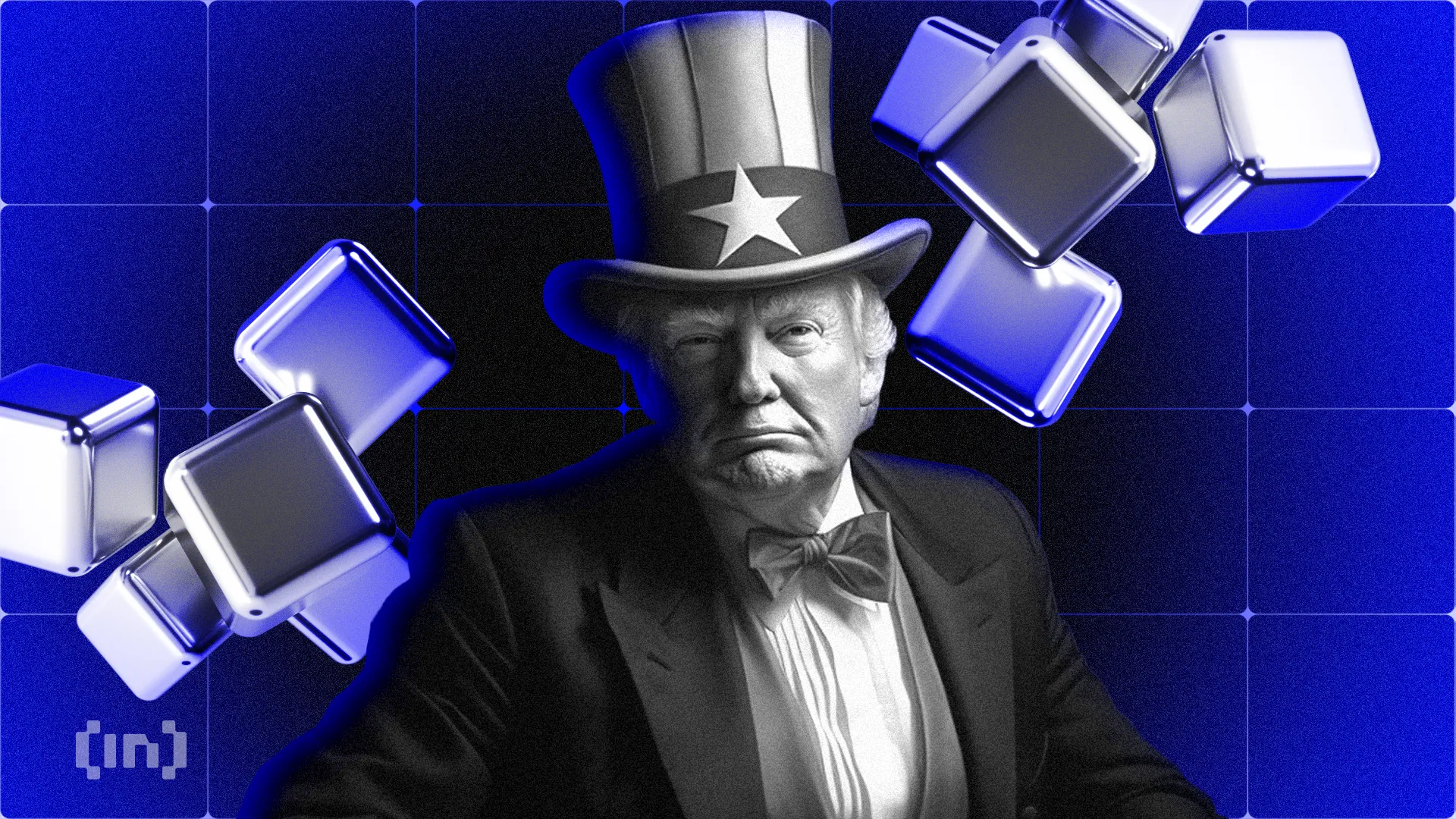

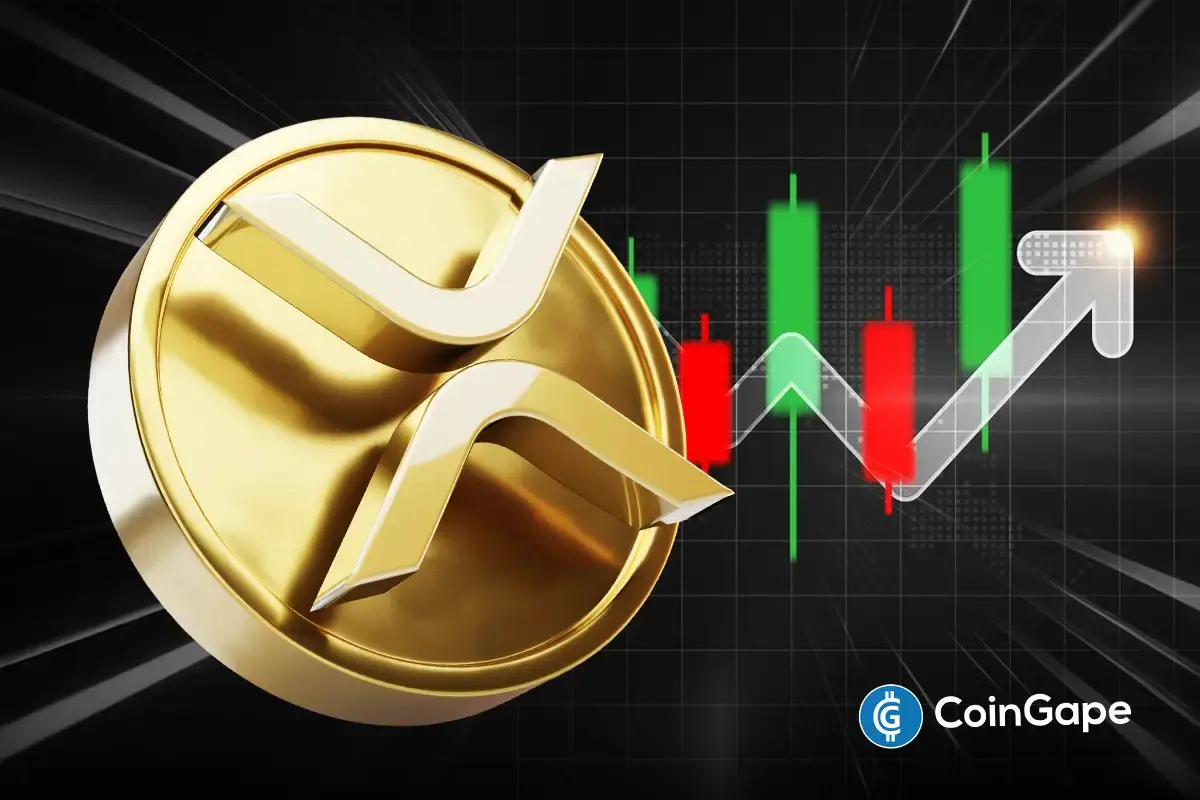








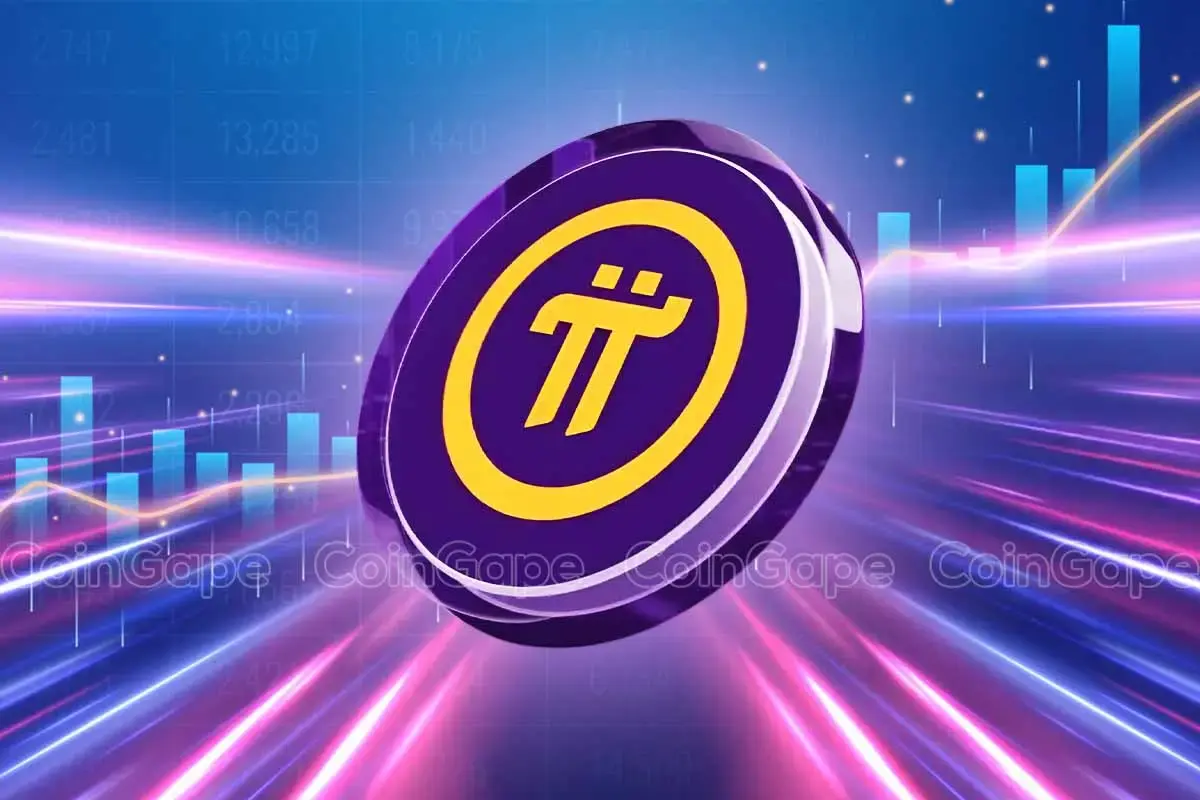







✓ Share: